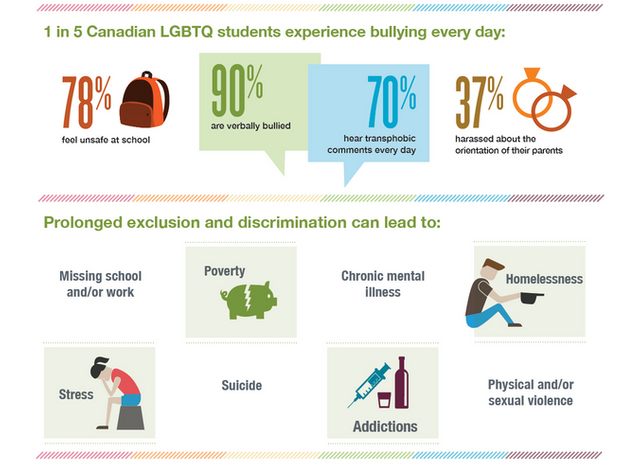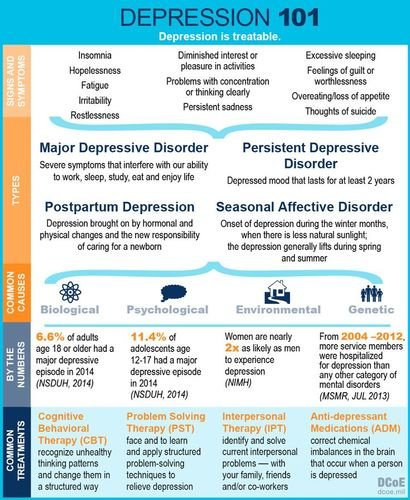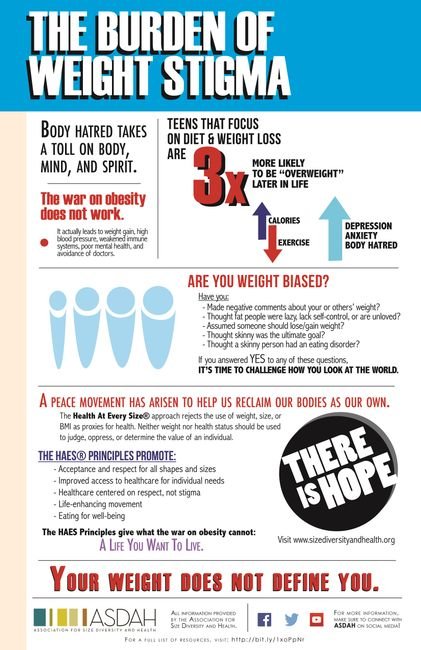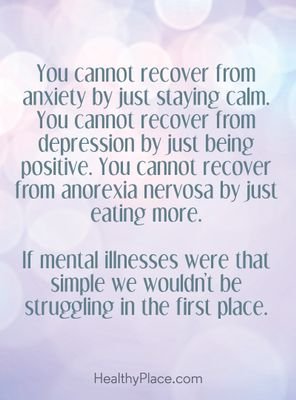Truths About Stigmas
What is Stigma?
Greek origin meaning, a mark made by a pointed instrument.“A mark of shame or discredit”. - Webster's dictionary
The word stigma attributes to the attitudes and beliefs that drive people to avoid, fear, and reject those that they see as being different. In other words it’s like a “badge of shame”.
As humans we typically want to belong. Everyone likes the feeling of being needed and loved because we gain not only happiness but confidence as well. It's only natural when we’re withdrawn from belonging and interacting that it can have a serious impact on both physical and mental health.
I myself suffer from depression and anxiety (stress related). What got me to write about stigmas, was because of the off days I’ve had the last couple weeks. It made me think about other health related disorders besides mental health that comes with stigmas. To me to most stigmatized would be those that suffer from HIV/AIDS, HPV, any sort of mental illness, and those that are part of the LGBTQ community. Most of all though I think suicide is a very taboo thing to talk about. Of course there are many other illnesses and disorders that would fall under stigmas.
Before being diagnosed with depression I never thought so many also had it. I wasn’t oblivious to it or anything like that. Though now since having it, it sometimes feels embarrassing, (even though I’ve shared it with all of the Steemit community.) and that I should be ashamed because of some sort of chemical imbalance going on in my brain.

Via Homeless Hub
The things I mentioned above, I believe, are a few of the issues that tend to lead to suicide. Discrimination to anyone can cause someone so much stress and grief that they feel like there is no hope. There is only so much that a person is able to personally handle. In no way is suicide a selfish act either.
There are different types of stigmas. The following are some:
External Stigmas
The External Stigmas may also be known as Social Stigmas, which pretty much brand people in either an “in” group or “out”, being treated as inferior.Internal Stigmas
In this case what happens is that the person being stigmatized with belittlement and the loss of control and they embody the behavior. This can often lead to fear, shame, and guilt, which in turn pushes the person to live in an isolated state.Mental Stigma
Many mental illnesses tend to be kept all hush hush within family and/or friends, they don’t want others to know about the particular difficulty that may be going on in fear of embarrassment.
Some myths when it comes to mental health (Canadian living and pathstone mental health)
Children and youth aren't affected with mental health issues.
Of many adults, mental illness begins during childhood or adolescence. It can include eating disorders, OCD (Obsessive compulsive disorder), depression, and anxiety.
The parents are at fault if the child were to have mental illness.
The disorders are caused by environment or biology if not both, like a chemical imbalance or exposure to alcohol or drugs before being born. Stressful events like abuse or neglect can lead to disorders as well.
Addiction appears as a choice in lifestyle as well as a lack of self control.
At times underlying conditions (psychiatric) like depression, will lead a person to an addiction. Essentially to just kick out of the habit is easier said than done.
Mental disorder is one disorder.
Not at all. There are so many disorders that fall under mental illness. Personality, mood, and anxiety are disorders, just to name a few. All of which come with their own characteristics and causes. Treatment is customized to the person and disorder in order to get that person the proper help and on the road to recovery.
Those that suffer with a mental illness don't ever get better.
Even though those who are suffering see “no way out” there is definitely a way out. Researchers are always trying to find new treatments, and because of that recovery, can definitely happen.
Physical Stigma
Stigma of this kind can be anything from Tribal (form of sex, race, or religion) to obesity. A good example of a Tribal Stigma is albinism. In Africa it is generally looked at as a type of deformity. This can lead to many troubles in a person's life, not only in Africa but all around the world.Many men and women get criticized daily because they look a certain way instead of the “supposed” way. Often people think that the weight of a heavy person is their own fault. This is not always the case, many times it can be because of uncontrolled health problems. Regardless what one may think, obesity stigma does affect each person's health. Doesn't matter if you’re “fat”, “thin”, or “inbetween”.

Via Size Diversity and Health
In Erving Goffman's theory of stigma he distinguishes three categories.
The Own - a group that represents the stigmatized society
The Wise - those who assign the stigma and feel life is better to them
The Normal - are the people who empathize and those that help them fit into society.
Due to media being a partial influence, it may be difficult to predict what may happen, but that doesn't mean that we can't do anything to work at promoting social inclusion and reduce discrimination. Also if you know anyone who may be going through a time where they feel excluded for whatever reason, do check in with them and help them in any way you can.

Via Healthy Place
Sources
Psychology Today
Disability Rights
Healthy Place
Uk Essays
BJPsych Advances
Ehow
Mend the Mind
Very nice post! The more people are aware the easier it is to tackle these problems!
People just need to realize that it's ok to be different and that there's nothing they need to be ashamed of.